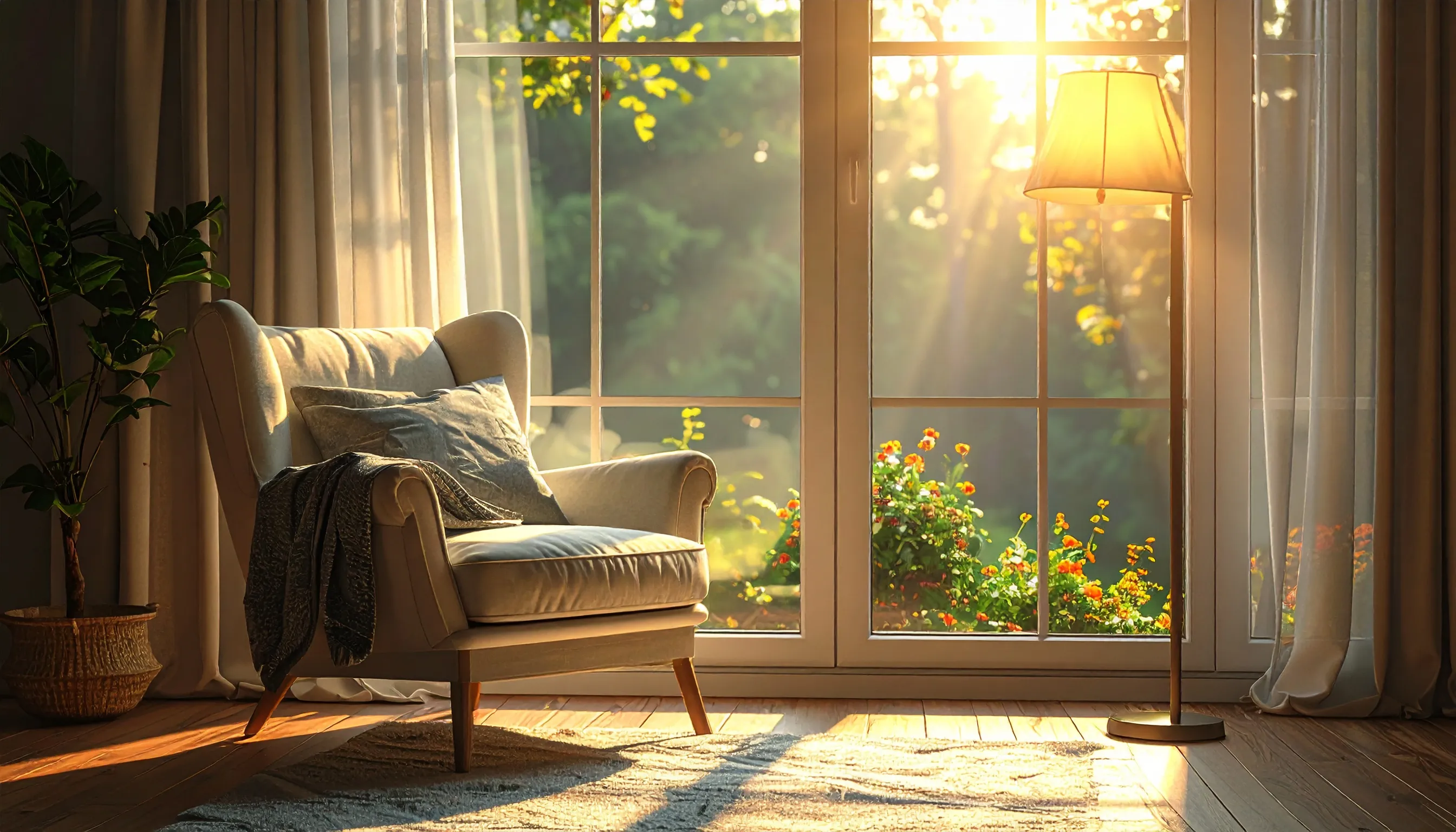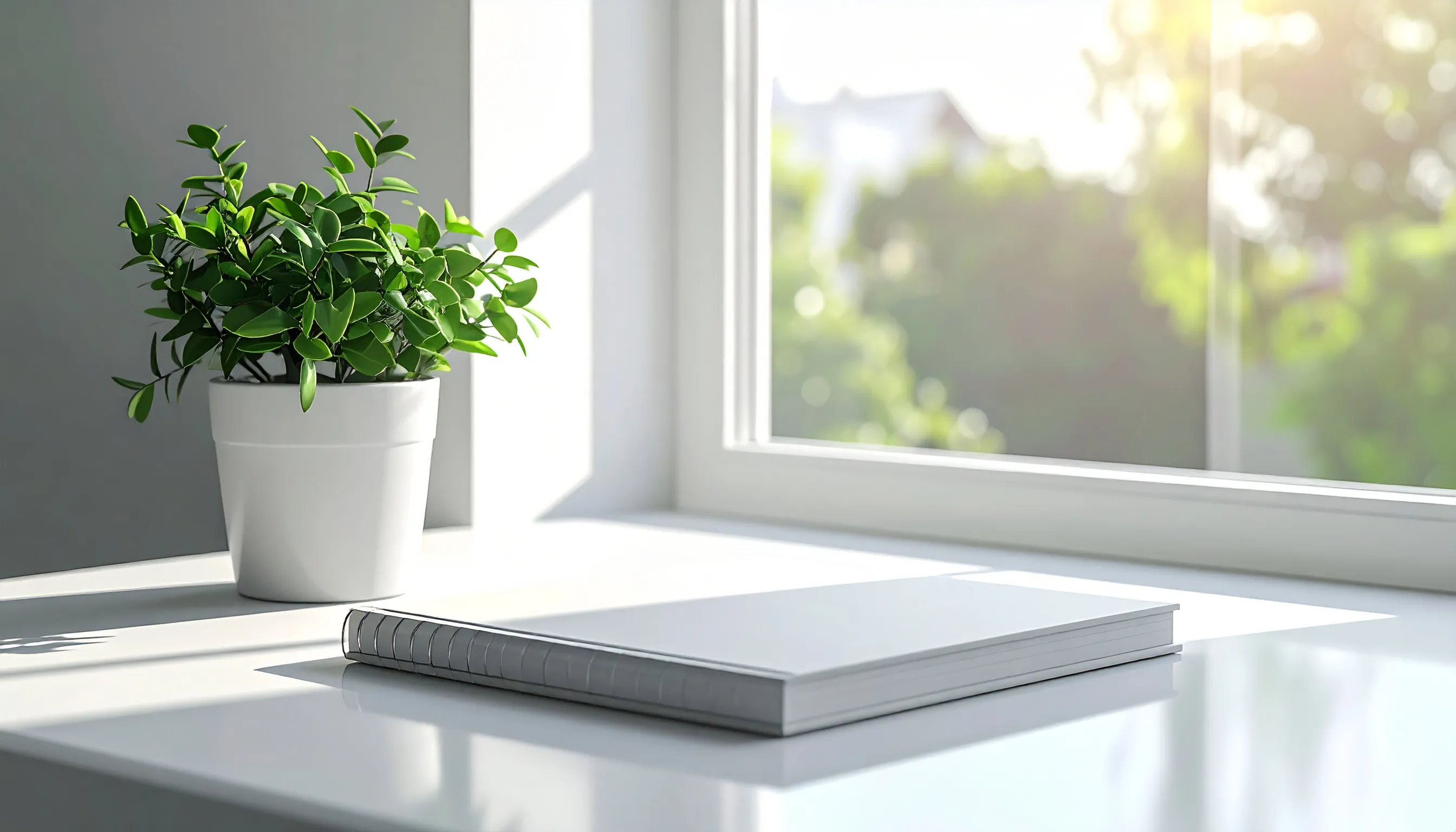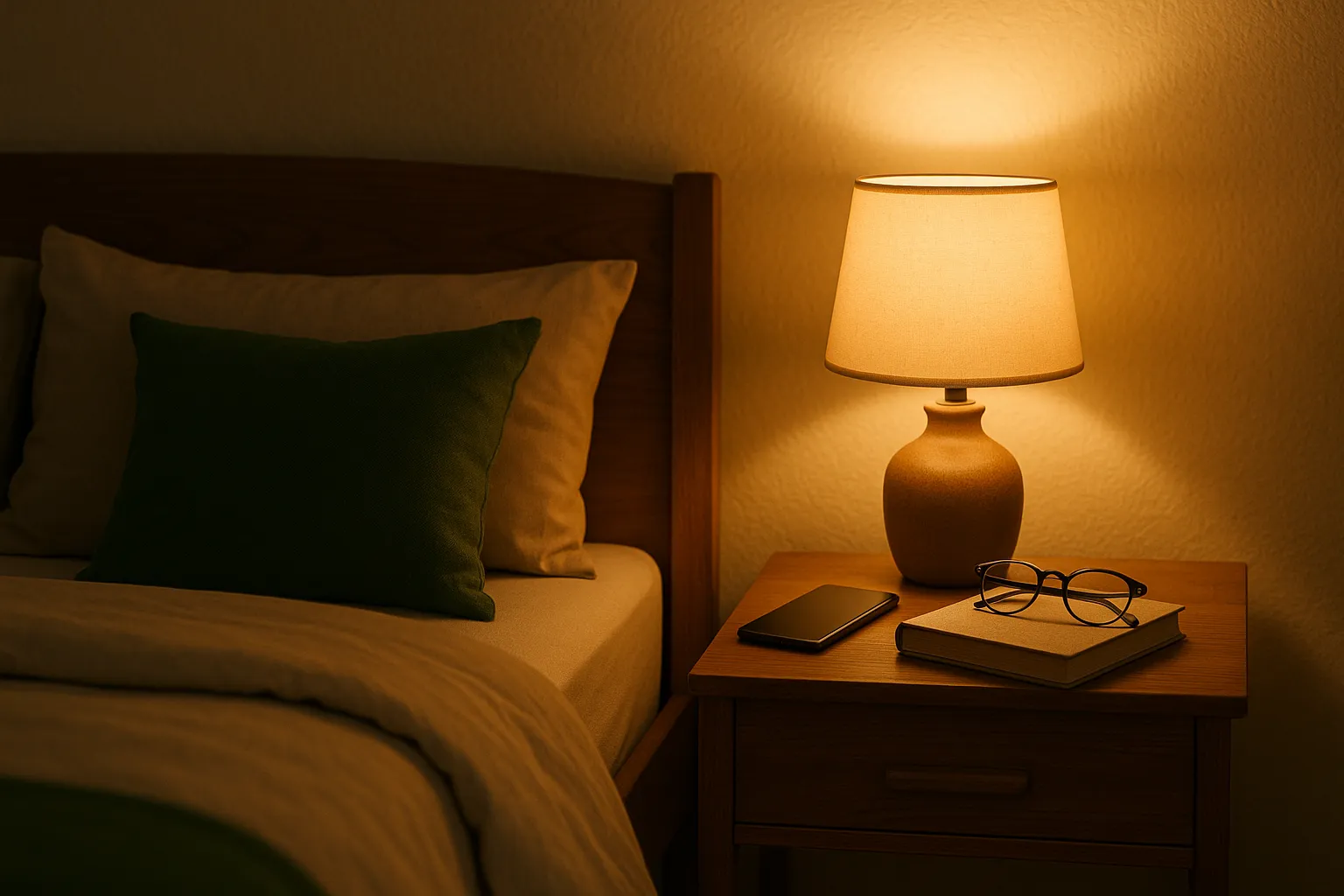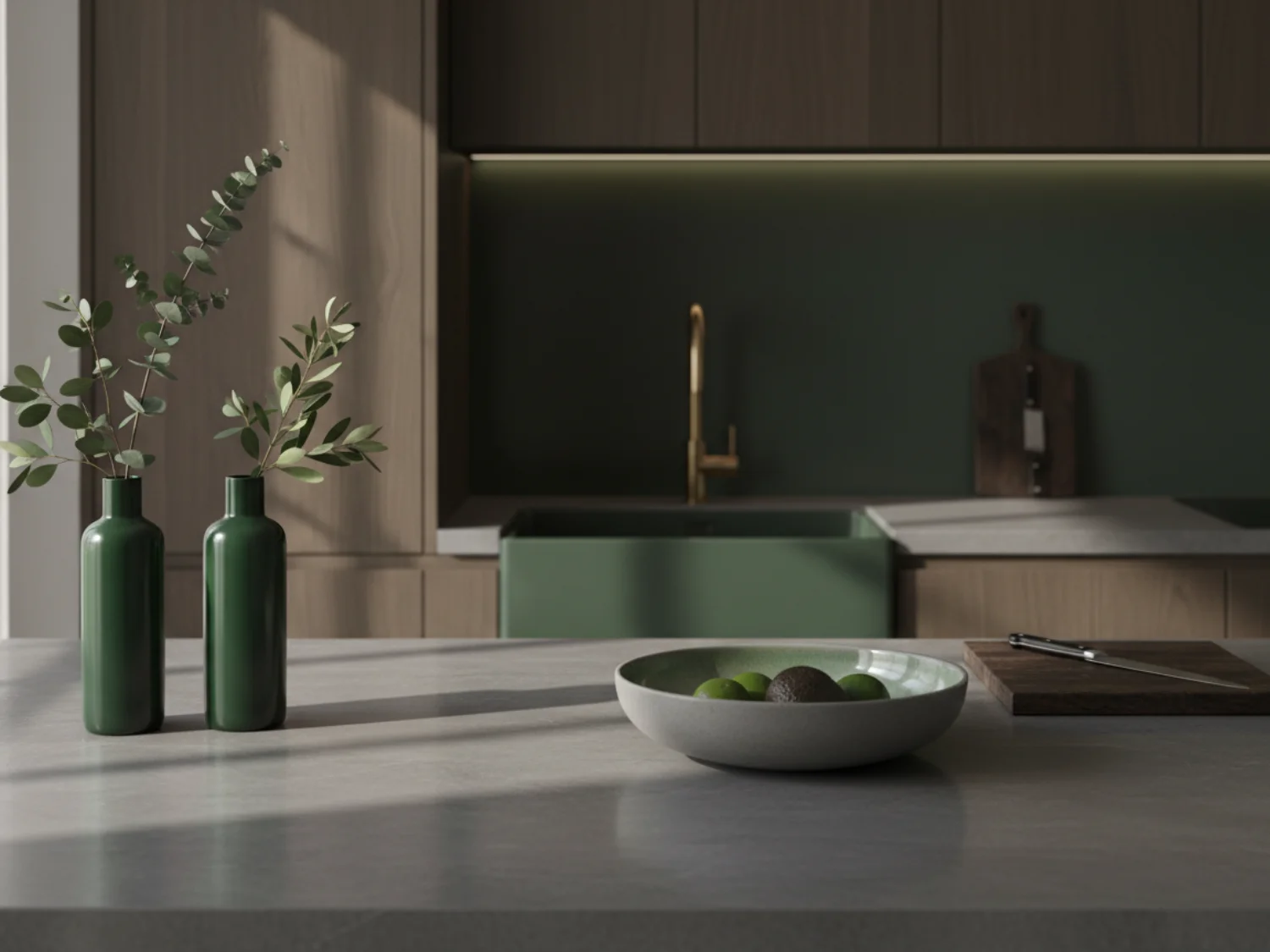Design Your Space For Daily Spark
Inspiration becomes likely when your space invites it. The environment you return to each day can either pull you toward attention or scatter it. The good news is that tiny changes compound, and most of them cost little or nothing.
Light, sound, and view
Natural light tells the nervous system that it is time to be awake, and it reduces visual strain. Aim for a clear view line to the outside or toward depth indoors. Sound matters too. Quiet is powerful, but a stable soundscape also helps. If you prefer background noise, choose one that does not demand attention, like rain or a fan. The aim is a predictable envelope, not silence at any cost.

Surfaces and signals
Keep one surface nearly empty where work begins. The emptiness is a signal in itself: this is where ideas go. Store tools within reach but out of the immediate sightline. A single plant or textured object can anchor the space without clutter. Visual noise feels like cognitive noise. When in doubt, remove one item rather than adding one.
The path of least resistance
Make your desired activity the easiest option. If you write, place the chair at the angle that makes you want to sit. If you read, leave the next book closed on the arm of the chair. If you stretch, keep a mat rolled and ready. Every time you remove a friction point, you create one more reason to begin.
Rituals without rules
Rituals work because they focus attention. They do not need incense or elaborate steps. Sit, breathe three slow breaths, place your hands on the surface, and start. If a ritual takes longer than a minute to set up, it is too long.

A space that changes with you
Your environment should age well. Every month, subtract something that no longer serves you and add nothing. Over time, the room becomes a mirror of your priorities. Inspiration does not have to arrive by accident. It can be invited by design.
Ready to turn what you just learned into a plan you can follow?
KeyMacro creates simple, high-protein weekly meal plans in seconds — no tracking, no overwhelm, no complicated decisions.
Start your first plan today.
















